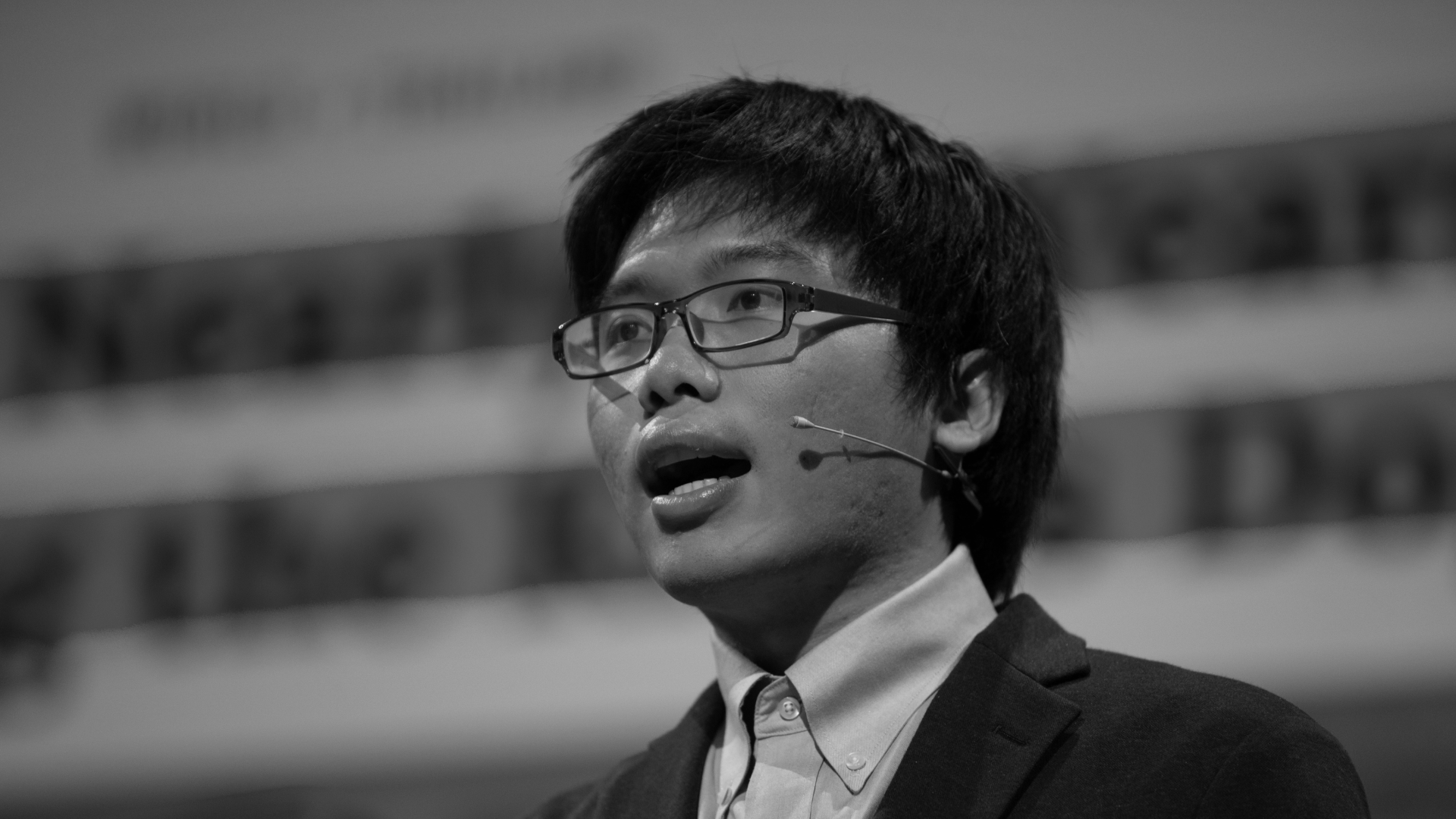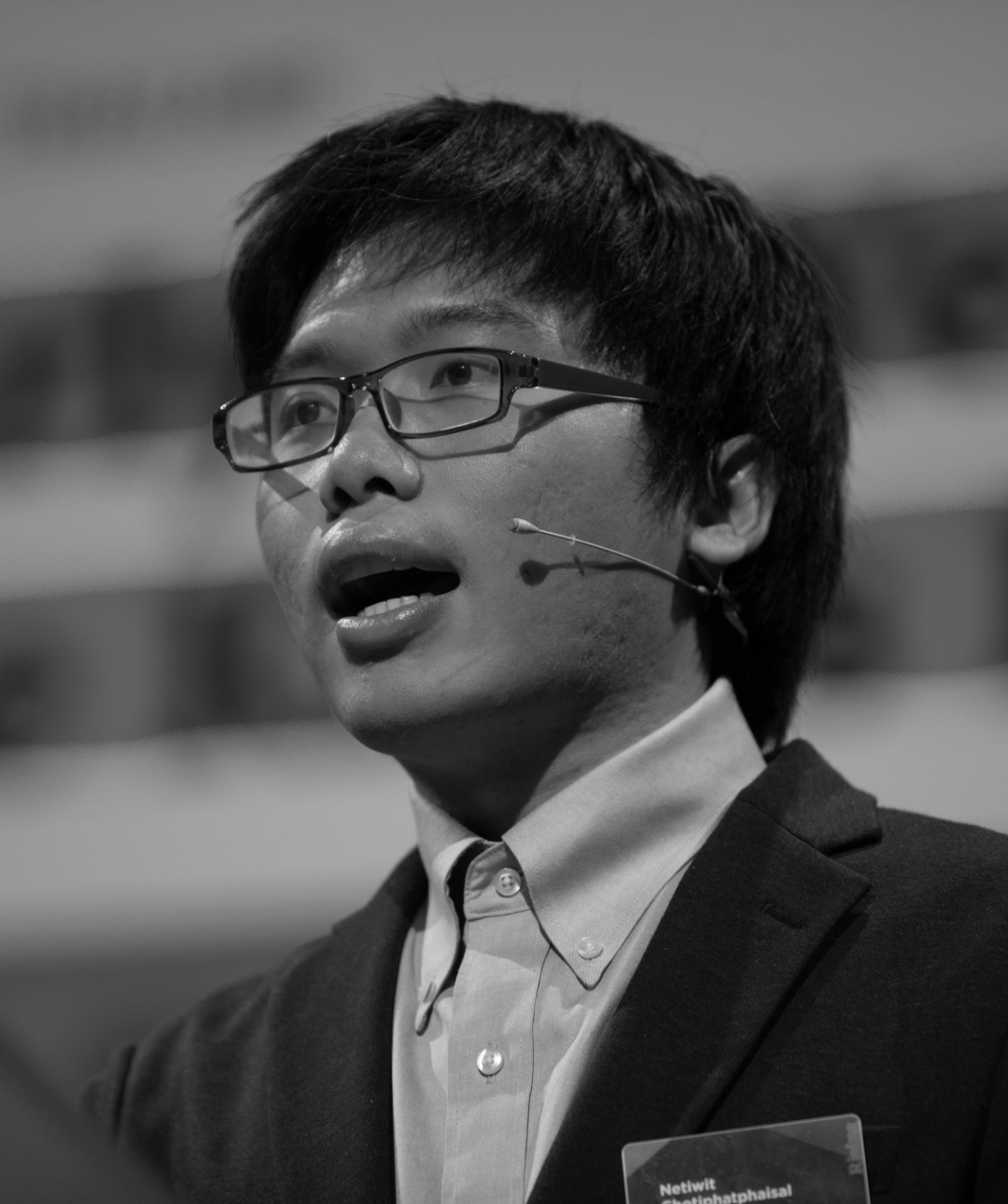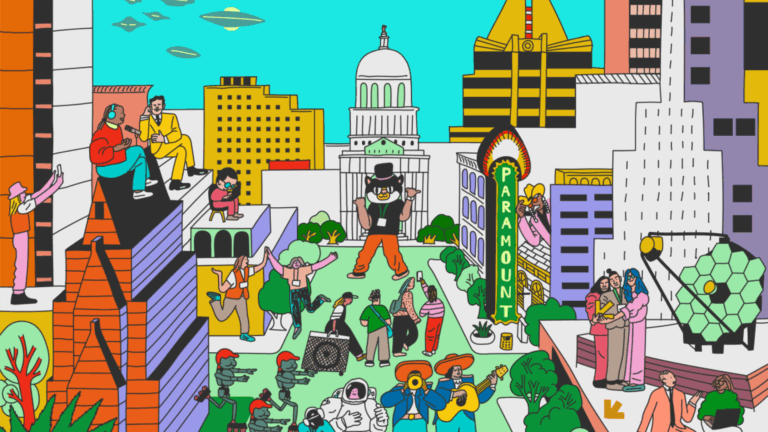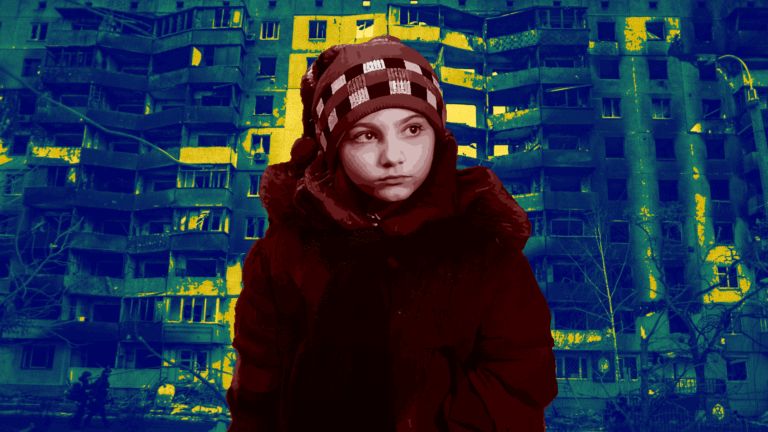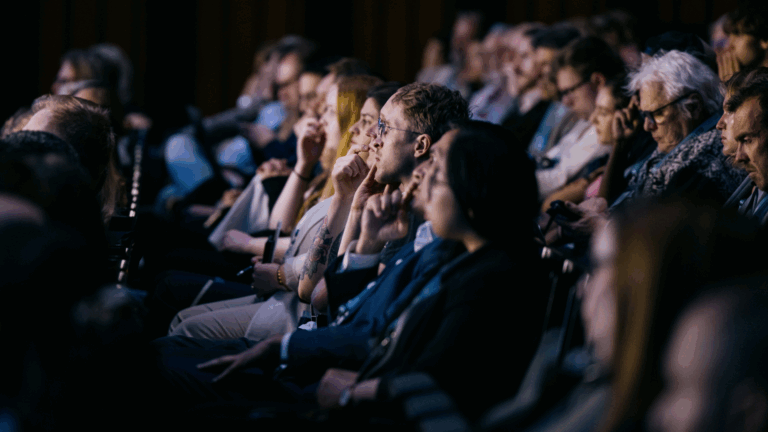Meet Buddhist monk and Thai human rights activist Netiwit Chotiphatphaisal (@NetiwitC). Netiwit was in the first class of the Human Rights Foundation (HRF)’s Freedom Fellowship, a one-year program that provides hands-on, expert mentorship across seven critical areas: leadership, movement-building, organizing, fundraising, media, mental health, and digital security.
At the age of 16, Netiwit helped found two advocacy groups — the Thailand Education Revolution Alliance (TERA) and the Education for Liberation of Siam (ELS) — seeking reforms within Thailand’s school system. In response, he faced physical and verbal attacks from the university’s administration and community. He was later removed as the Student Council president, sparking a public protest and support from several Nobel laureates.
In 2016, Netiwit was publicly attacked by several authorities of the Thai regime, including General Prayut Chan-o-cha, leader of Thailand’s junta, for refusing to bow before a statue of a former Thai king during a public event at his university. To this date, Netiwit continues to strongly advocate freedom of speech and human rights in Thailand.
Netiwit has published several books on the Thai education system and his civil activism. And he and his fellow students created a printing press — the “Three-Dimensional Press” — to translate and print foreign works.
In 2018, Netiwit spoke on the Oslo Freedom Forum stage, exposing the military government’s presence in schools and inviting listeners to support the struggle for a free Thailand.
Netiwit, a “conscientious objector,” continues to be a staunch advocate against Thailand’s military conscription and may be imprisoned for refusing to serve. HRF sat down with Netiwit to discuss the legal battle he faces ahead.

On Sept. 10, 2014, my 18th birthday, just after the coup d’état, I was a high school student. As I considered the sources of societal problems, I saw the forced conscripted military service as one of them, violating the freedom and rights of Thai people. Thus, I published a statement that I would not serve in the military.
Since July 10, I have been ordained as a monk, studying and practicing Buddhism with a strong faith in the teachings of the Buddha. Without coercion to the service, I wish to continue studying and practicing Buddhism as much as I desire. However, I do not want to use the privilege of being a monk to escape military service or give the impression that I am running away using the temple as a shield, which would contradict my statement from almost nine years ago.
Therefore, I have decided to disrobe and return to household life, willingly struggling in the legal process to uphold my beliefs and aim my Thai society toward a path of peace, non-violence, and no military conscription.
Before disrobing, I have some unfinished tasks. I need to pass the Pali examination and will be retaking one subject on April 15-16, which I devoted time to study for. After that, I ask for some preparation time before disrobing, which I plan to do before the end of April.
During this very short period, I want to maintain myself as a Buddhist monk and ask for the kindness of everyone to give me a chance for cultivating and giving me the peaceful serenity that suits a monk who follows the noble life.


The Freedom Fellowship is a unique, one-year program that gives human rights advocates, social entrepreneurs, and nonprofit leaders from challenging political environments the opportunity to increase the impact of their work. Through mentorship and hands-on training sessions, fellows develop critical skills and join a growing community of human rights activists.
If you are interested in learning more about or donating to the Freedom Fellowship, please contact Jhanisse Vaca-Daza at [email protected].


